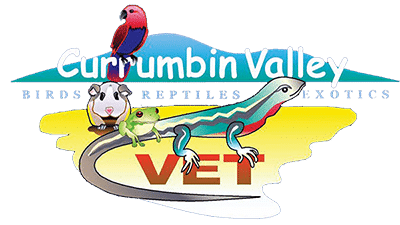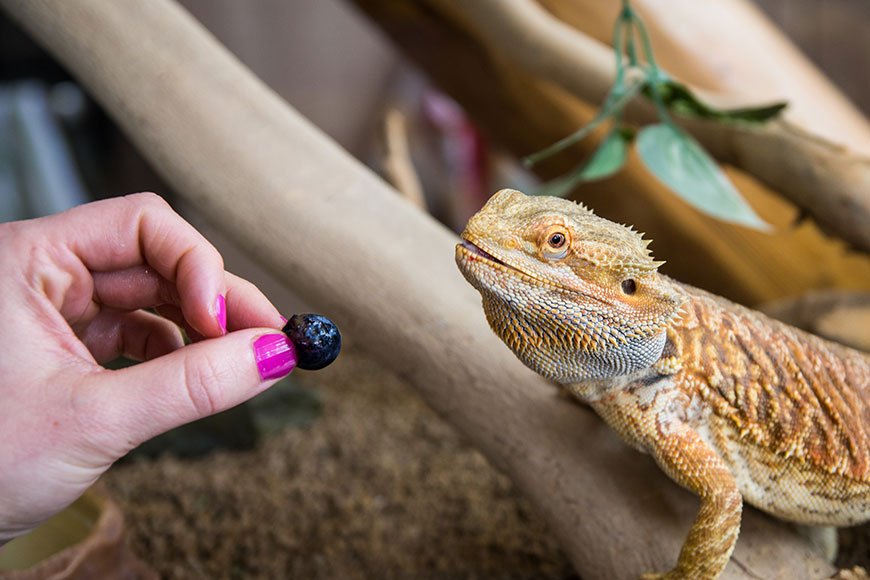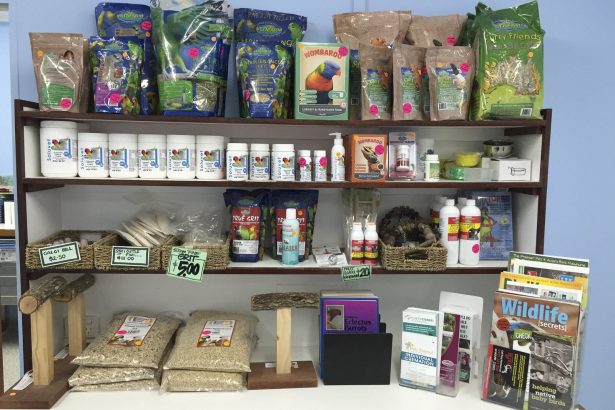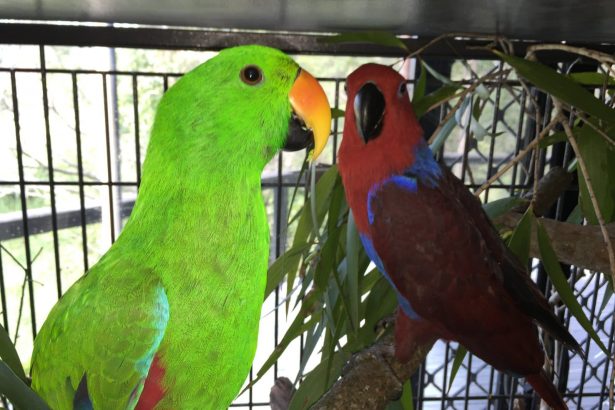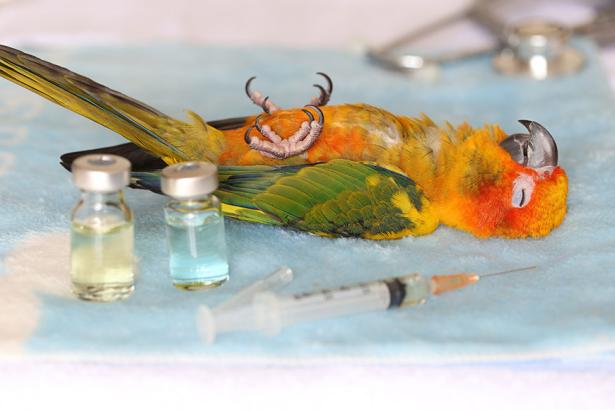Reptiles make fascinating pets, offering a glimpse into the lives of some of Earth’s most ancient creatures. However, just like any pet, they require a balanced and species-specific diet to thrive. Understanding the unique dietary needs of your reptile is essential for their long-term health and well-being. As a veterinarian specialising in exotic animals, I’ll guide you through the fundamentals of reptile nutrition to ensure your scaly friend leads a healthy life.
Understanding Reptile Dietary Categories
Reptiles, much like mammals, have varied dietary needs based on their species. Broadly, they fall into three categories:
- Herbivores: These reptiles, such as tortoises, primarily consume plant matter.
- Carnivores: Snakes and many lizards fall into this category, relying on a diet of live prey or meat.
- Omnivores: Some reptiles, like bearded dragons, blue-tongued lizards and short-necked turtles, require a mix of both plant and animal-based foods.
Identifying the correct category for your reptile is the first step in ensuring they receive the proper nutrition.
Herbivorous Reptiles
Herbivorous reptiles require a diet rich in leafy greens, vegetables, and occasional fruits. However, not all greens are created equal. Dark, leafy vegetables like collard greens, mustard greens, and dandelion greens are ideal as they provide essential calcium and other nutrients. Avoid over-reliance on lettuces like iceberg, which offer little nutritional value.
For variety, include a mix of vegetables such as squash, capsicum, and carrots. Fruits can be offered sparingly, perhaps once or twice a week, as they are higher in sugar. Figs, apples, and berries are good choices but should be given in moderation.
Calcium Supplementation: Herbivores are prone to calcium deficiencies, which can lead to metabolic bone disease. Regular supplementation with a calcium powder, especially one that includes vitamin D3, is recommended, particularly if your reptile doesn’t receive adequate UVB exposure.
Carnivorous Reptiles
Carnivorous reptiles have evolved to thrive on a diet of animal protein. For snakes, this typically means a diet of appropriately sized rodents like mice and rats. It’s imperative to feed prey items that are of the correct size, usually no larger than the widest part of the snake’s body.
Lizards that are carnivores, such as monitor lizards, may require a diet of insects like crickets, mealworms, and occasionally pinky mice. Gut-loading insects – feeding them nutritious food before offering them to your reptile – ensures your pet receives a nutrient-rich meal.
Avoid Wild-Caught Prey: While it might be tempting to catch insects from your backyard, wild-caught prey can carry parasites and pesticides that may harm your reptile.
Omnivorous Reptiles
Omnivores require a balanced diet that includes both plant and animal matter. Bearded dragons, for example, should be offered a mix of leafy greens, vegetables, and live insects. Young bearded dragons are more carnivorous, requiring a higher percentage of insects, while adults shift towards a more herbivorous diet.
Insect Variety: Offer a range of insects such as crickets, roaches, and silkworms to ensure your omnivorous reptile receives a variety of nutrients. Dust insects with a calcium powder before feeding.
Plant Matter: Like herbivores, omnivores benefit from a diet rich in dark, leafy greens and a small amount of fruit. The key is balance – too much protein or plant matter can lead to nutritional imbalances.
Common Dietary Pitfalls to Avoid
- Overfeeding: Reptiles, particularly those that are carnivorous, can easily become overweight if fed too frequently or in large quantities. Follow feeding guidelines based on species and life stage.
- Improper Supplementation: While supplementation is vital, especially for herbivores and omnivores, over-supplementation can lead to health issues. For example, too much vitamin D3 can cause toxicity.
- Inadequate Hydration: Many reptile owners focus on food but overlook hydration. Ensure your reptile has constant access to fresh water. Some species also benefit from regular misting or soaking to stay hydrated.
Monitoring Your Reptile’s Health
A proper diet is a cornerstone of reptile health, but regular monitoring is equally important. Watch for signs of nutritional deficiencies or excesses, such as lethargy, weight loss or gain, and changes in skin condition.
Annual Veterinary Check-Ups: Just like dogs and cats, reptiles benefit from regular veterinary check-ups. During these visits, we can assess your reptile’s diet, check for any health issues, and adjust care as needed.
By adhering to these dietary guidelines, you can ensure that your reptile receives the proper nutrition to thrive. A well-balanced diet, combined with appropriate care and regular veterinary check-ups, is key to maintaining your reptile’s health and longevity.If you have further questions about your reptile’s diet or overall care, browse our other articles, or feel free to reach out to us at Currumbin Valley Vet. We’re here to help you provide the best care for your exotic pets.
